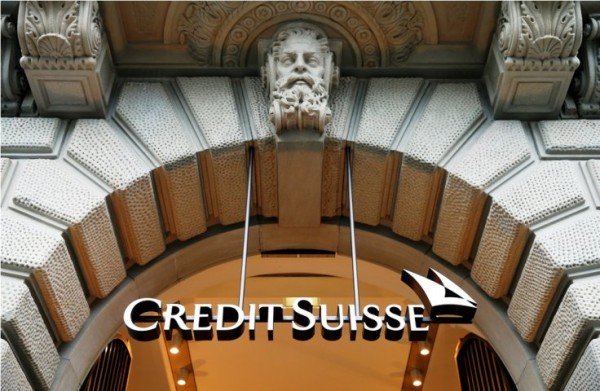Credit Suisse and Barclays have been fined a total of $154 million over their “dark pool” trading operations in the US.
“Dark pool” operations allow investors to trade large blocks of shares but keep the prices private.
Barclays has admitted misleading investors and violating securities law in the way it operated the pool. The bank will pay a $70 million fine.
Credit Suisse will pay $60 million and another $24.3 million relating to other violations.
The fines will be split between the State of New York and the Securities and Exchange Commission (SEC).
The New York Attorney General and the SEC have both censured the two banks for their misconduct.
New York Attorney General Eric Schneiderman said: “These cases mark the first major victory in the fight against fraud in dark pool trading that began when we first sued Barclays.”
He added that “co-ordinated and aggressive government action” had led to “admissions of wrongdoing, and meaningful reforms to protect investors from predatory, high-frequency traders”.
“We will continue to take the fight to those who aim to rig the system and those who look the other way,” Eric Schneiderman said.
Andrew Ceresney, director of the SEC’s enforcement division said: “Dark pools have a significant role in today’s equity marketplace, and the firms that run these venues must ensure that they do not make mis-statements to subscribers about their material operations.”
Credit Suisse will neither admit nor deny the allegations.
A spokeswoman said the bank was “pleased to have resolved these matters” with the SEC and the New York attorney general.
A Barclays representative said: “The agreement will enable us to focus all of our efforts on serving our clients.”
In 2015, Barclays lost an attempt to have the case dismissed.
Part of the point of dark pool trading systems is to allow institutions to sell large numbers of shares privately, helping to make sure their actions don’t result in a cut in the price they can get.
